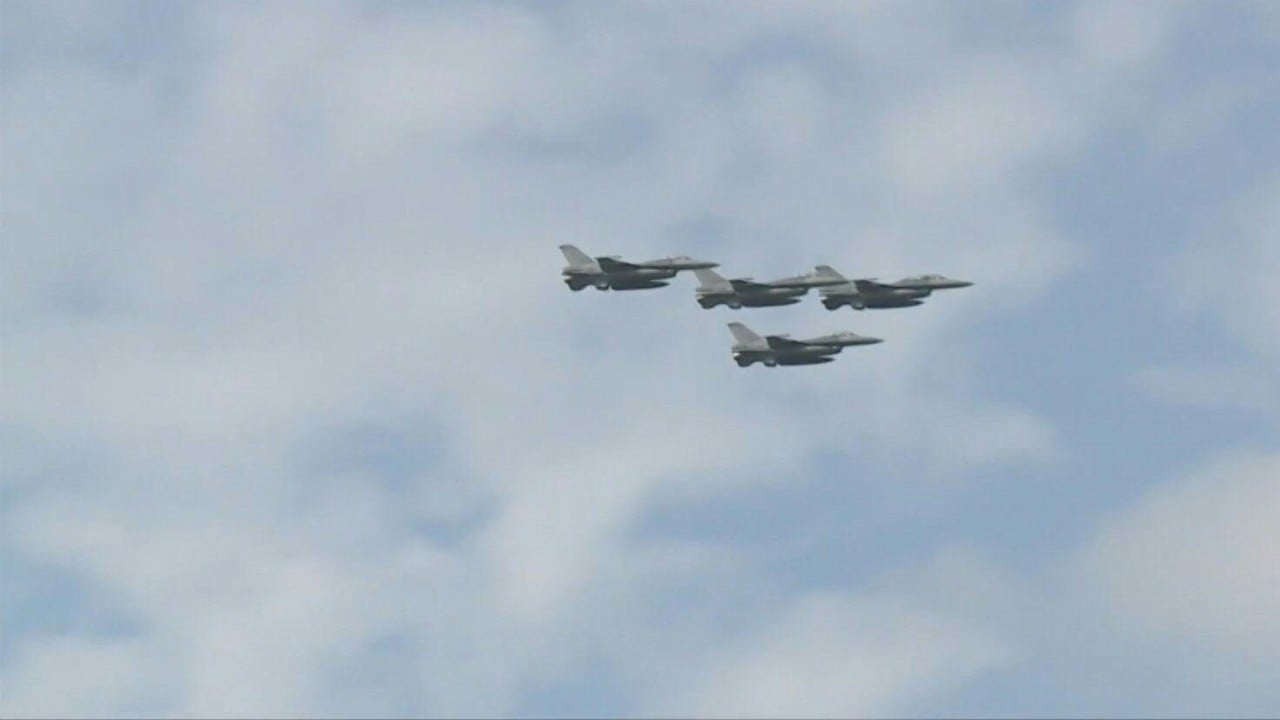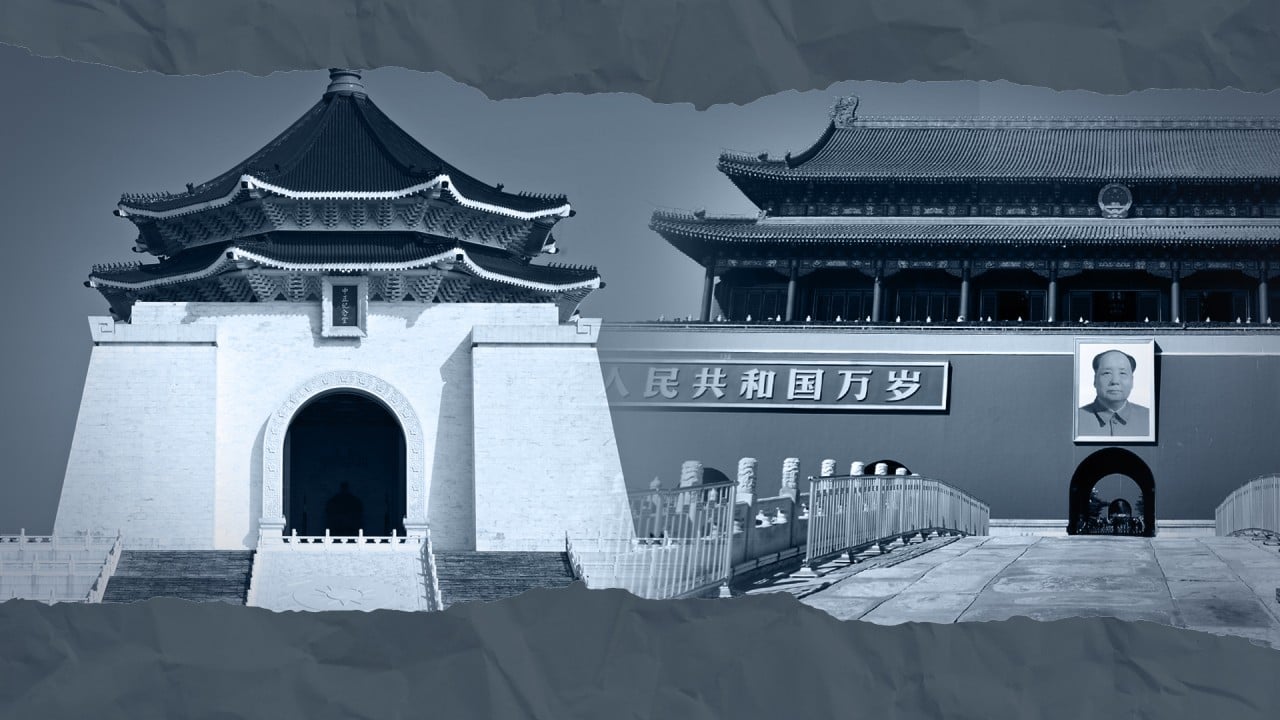
Fines on Taiwan’s Far Eastern Group fan fears of more retaliation by Beijing over political donations
- Mainland subsidiaries of the conglomerate told to pay millions for a range of violations
- Group seen as big donor to independence-leaning DPP – as well as opposition
State news agency Xinhua reported on Monday that mainland textile and cement subsidiaries of Taiwan’s Far Eastern Group were fined more than 88.6 million yuan (US$13.87 million) for a series of violations, including breaches of environmental protection rules.
In 2018, it contributed to the local government election campaign of Premier Su Tseng-chang, one of three leading DPP politicians – along with legislative speaker Yu Shyi-kun and Foreign Minister Joseph Wu – on a mainland blacklist, accused of “vigorously inciting cross-strait confrontation and malicious attacks against the mainland”.
Taiwanese businesspeople based on the mainland said the fines were a warning to Far Eastern.
“It obviously is ‘killing the chicken to warn the monkey’ – using Far Eastern to warn other Taiwanese investors not to use the money they make on the mainland to fund pro-independence individuals and groups in Taiwan,” said one Taiwanese businessman based in Shenzhen.
The businessman, who spoke on condition of anonymity, said that long before the TAO list came out, agencies on the mainland had warned against sponsoring any pro-independence politicians on the island.
Another Taiwanese businessman, head of an electronics company based in Suzhou, said he was afraid more Taiwanese businesses would be targeted because they had contributed financially to a number of DPP politicians’ campaigns.
“Actually, Far Eastern made more contributions to the KMT than the DPP when the KMT was in power. It contributed more to the DPP after it became the ruling party,” he said, adding a number of companies in Taiwan had been doing the same for years.
Taiwanese giant punished for mainland regulatory violations, Xinhua says
The Suzhou-based businessman said that in the past, the mainland authorities were rather lenient.
“But after the TAO announced the blacklist, relevant authorities were expected to tighten inspections of various Taiwanese businesses on the mainland, including checking the political background of the investors,” he said.
He said strict regulatory checks would be carried out and businesses could expect to have bank loans rejected or cut off if they were found to have sponsored those politicians.
Tsai Lien-sheng, secretary general of the Taiwan-based Chinese National Federation of Industries, said the federation had advised all mainland-based Taiwanese firms to follow the mainland regulations but “we do not wish to see any regulatory orders overtaken by politics”.
Tsai said Taiwan was a pluralistic society with many political parties and the political contributions made by local firms to politicians should not be seen as sponsorship of Taiwanese independence.
“This would only create a chilling effect and dampen the interest of Taiwan’s firms in investing on the mainland,” he said.
According to the Taipei-based CommonWealth Magazine, of the 50 conglomerates in Taiwan, more than 30 had donated money to candidates for the island’s legislature in elections since 2012, with Far Eastern the top donor.
The Mainland Affairs Council, Taiwan’s top mainland policy planner, said on Tuesday the island’s government would “work out necessary measures to counter the malicious actions of the Chinese Communists accordingly” to protect the security of the island and the interest of the public.
It condemned the mainland for trying to disrupt the island’s democratic operations and political contribution system by punishing Taiwanese firms for their donations.
The council said Beijing had in the past three decades absorbed a great deal of Taiwanese investment, technology and talent to develop but had repeatedly employed political means to hamper the operations of Taiwanese businesses on the mainland.
It urged the firms to be careful in making their long-term investment plans on the mainland.
On Monday, TAO spokeswoman Zhu Fenglian stopped short of saying if the punishment against Far Eastern had anything to do with the group’s political contributions to Su or the DPP.
But she said: “We will absolutely not allow people who support Taiwan independence or destroy cross-Taiwan Strait relations to make money in the mainland, who dare bite the hand that feeds them.”
She said the mainland “welcomes and supports” Taiwanese investment and “will continue to protect the firms’ legal rights”.



